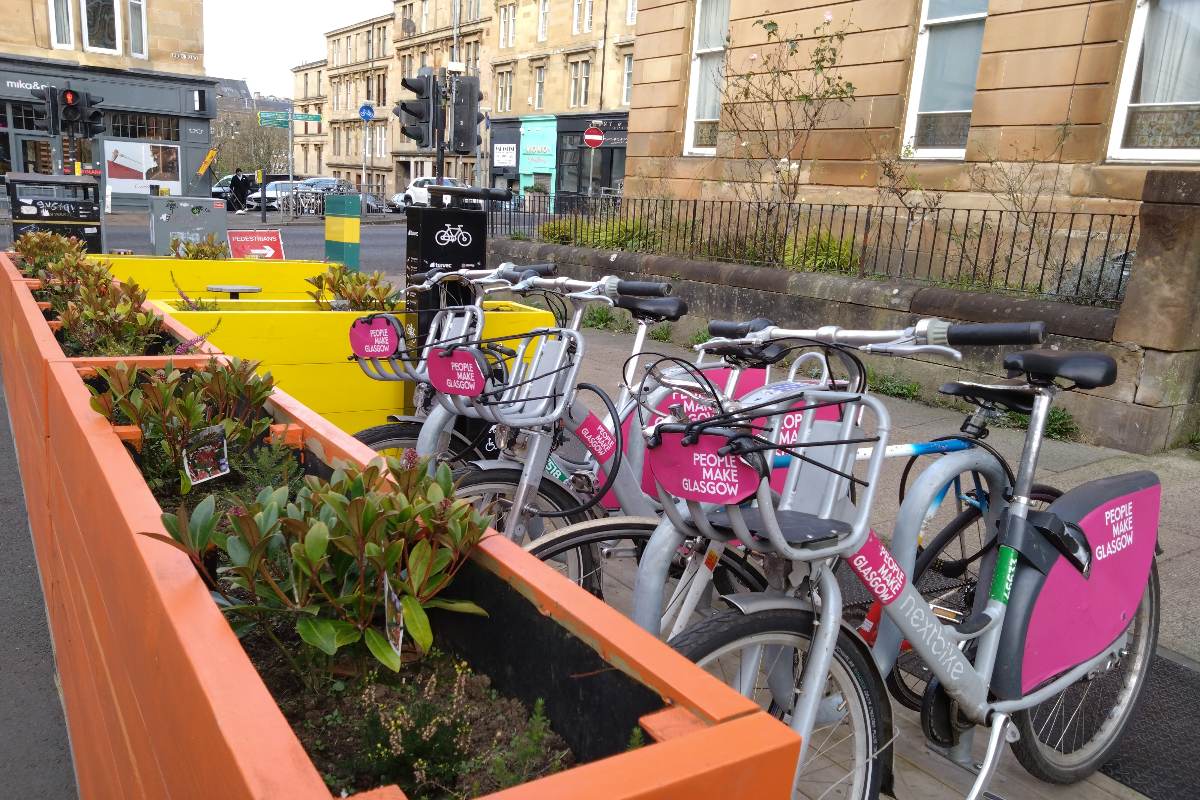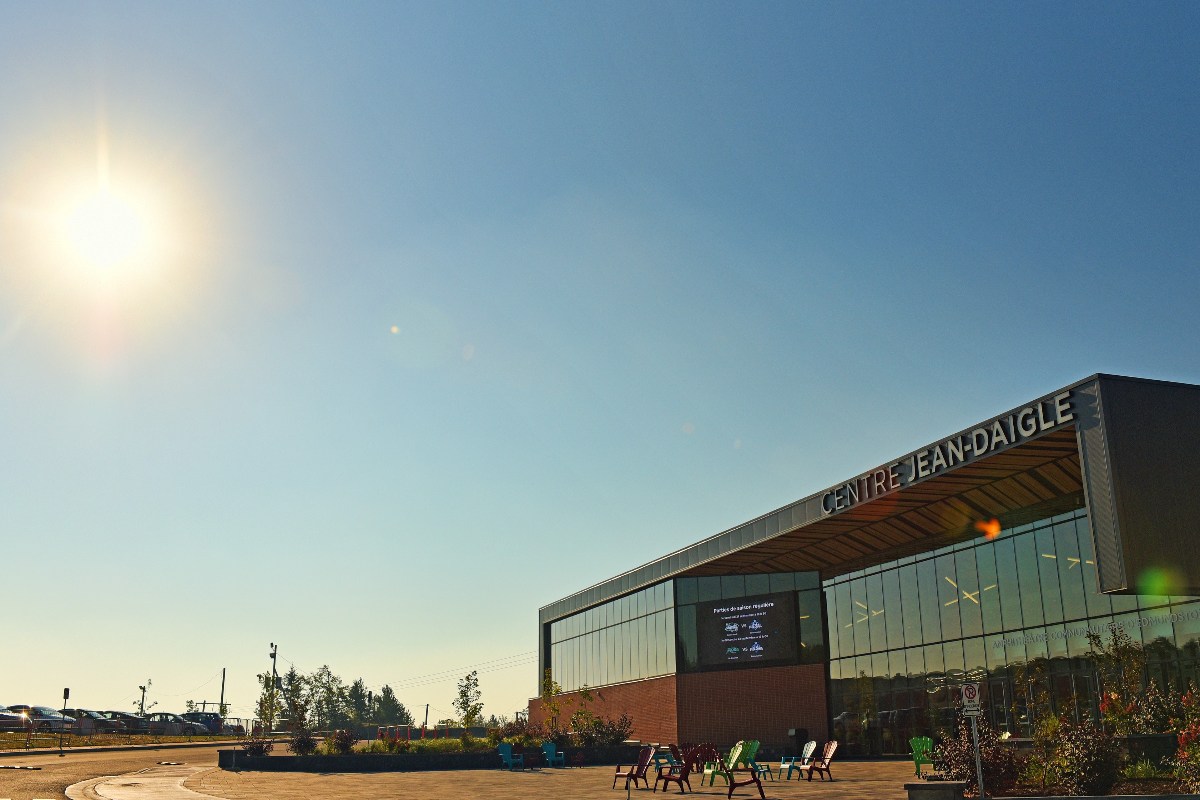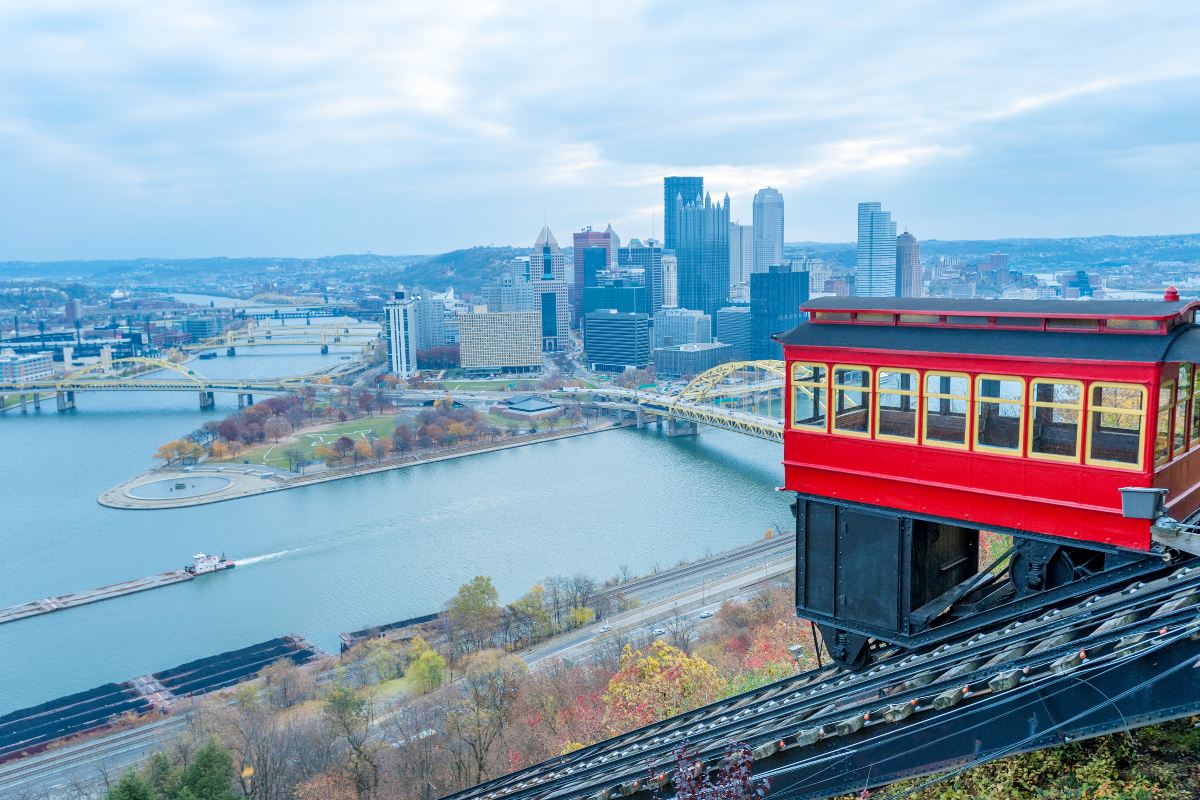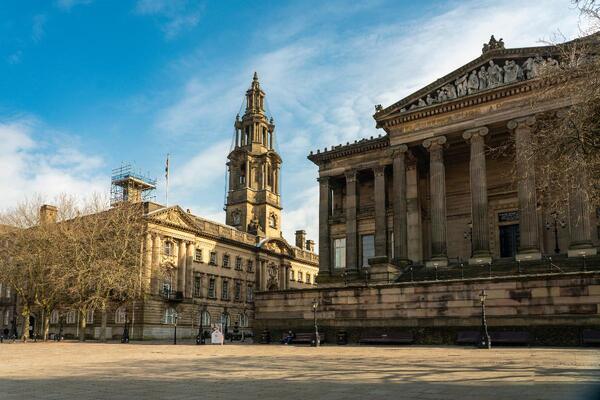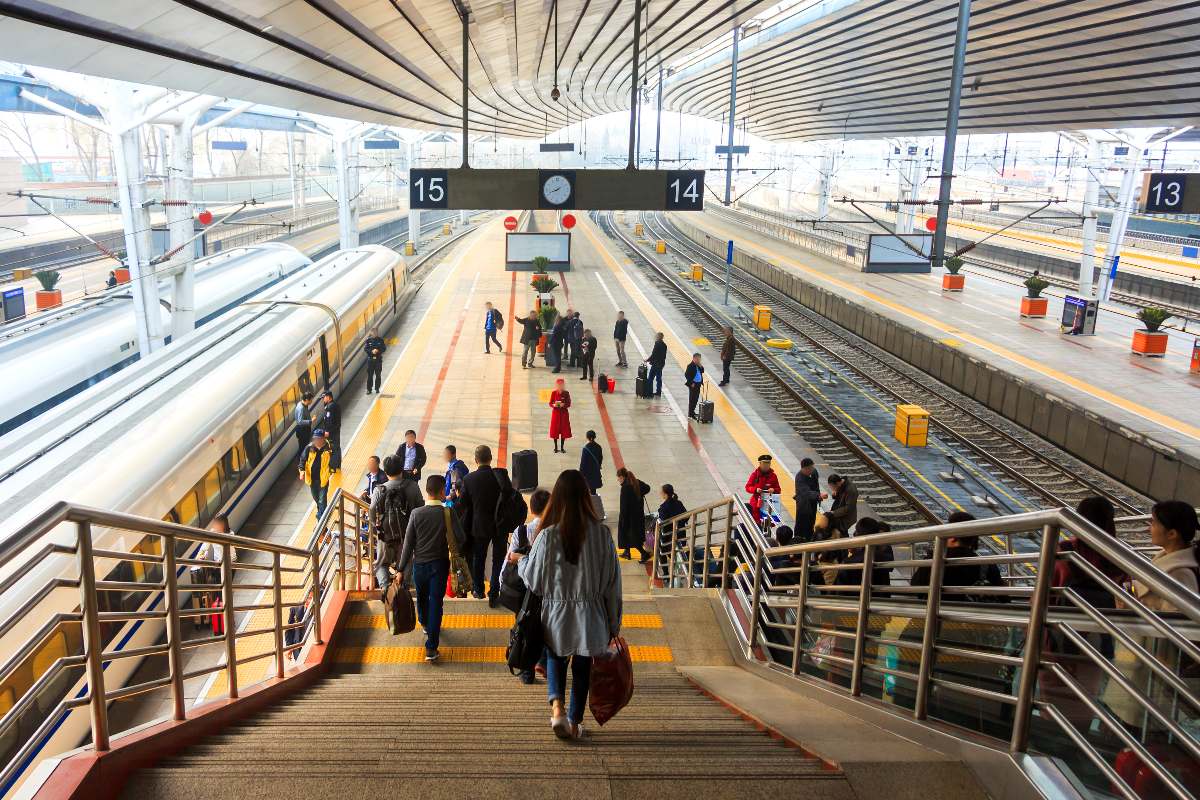Special Reports
SusHi Tech Tokyo 2024: experience ‘Tokyo 2050’ todaySponsored by The SusHi Tech Tokyo 2024 Showcase Program Executive Committee
Bristol aims to be first UK city to ban diesel cars
A wider clean air zone where non-compliant commercial vehicles such as buses, taxis, HGVs and LGVs would be charged has also been proposed.
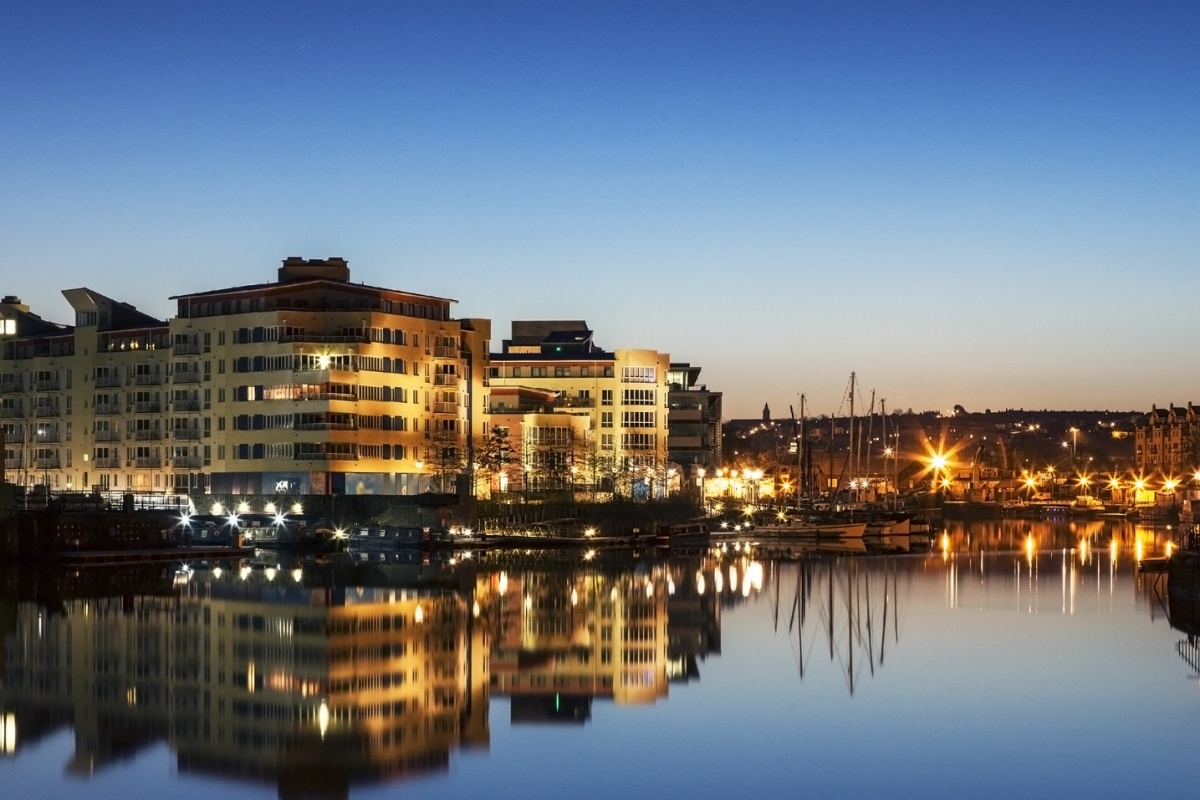
Bristol took a step closer to becoming the first city in the UK to ban diesel cars as it bids to reverse illegal levels of toxic nitrogen dioxide (NO2).
The outline business case (OBC), which imposes a diesel ban for all private cars from the city centre and harbourside area, was approved by the city council. The barring of vehicles in these areas would operate daily from 7am to 3pm.
Clean air zone
A wider clean air zone (CAZ) where non-compliant commercial vehicles such as buses, taxis, HGVs and LGVs would be charged has also been proposed. The city has, reportedly, for the third time missed government deadlines for providing details of a clean air zone. A car scrappage scheme would also be launched.
Further measures for tackling air quality through improving and prioritising public transport options are also suggested, which support the city mayor’s pledge to reduce the reliance on cars and increase the number of bus users.
“These ambitious plans demonstrate our commitment to tackling air pollution so we meet legal limits within the shortest time.”
However, according to a BBC report, the plan has led to concerns from some, including local residents, business-owners and hospital visitors, about the impact on low-income families as well as city-centre businesses.
However, Marvin Rees, mayor of Bristol, stressed at the time the proposal was made: “These ambitious plans demonstrate our commitment to tackling air pollution so we meet legal limits within the shortest time, without disproportionally affecting citizens on lower incomes which would happen with a blanket approach to charging vehicles.”
He continued: “Protecting the most vulnerable people from pollution is central to these plans and we have ensured that all impacts have been carefully considered. If approved, mitigation measures will support those most affected, especially those living in the most deprived communities.”
The OBC will now be considered by the Government’s Joint Air Quality Unit (JAQU). The council will continue to work closely with JAQU on preparing the full business case for submission next year.
As part of the full business case, the council said it will engage with business, organisations and residents affected to help manage how the clean air and diesel ban areas can be implemented, including details of mitigation measures and exemptions.
The deadline for the implementation of the city council’s plans is March 2021.
You might also like:










